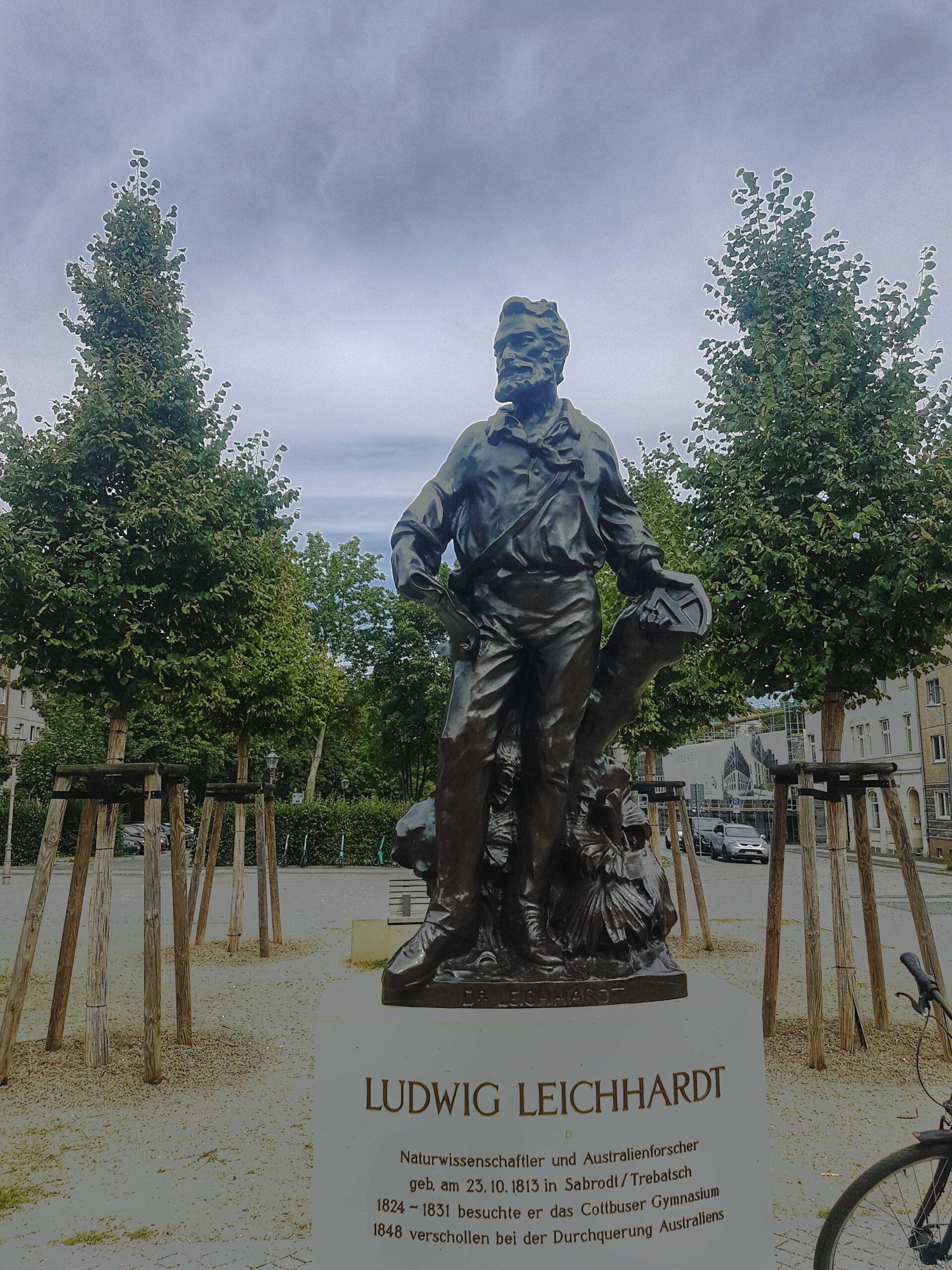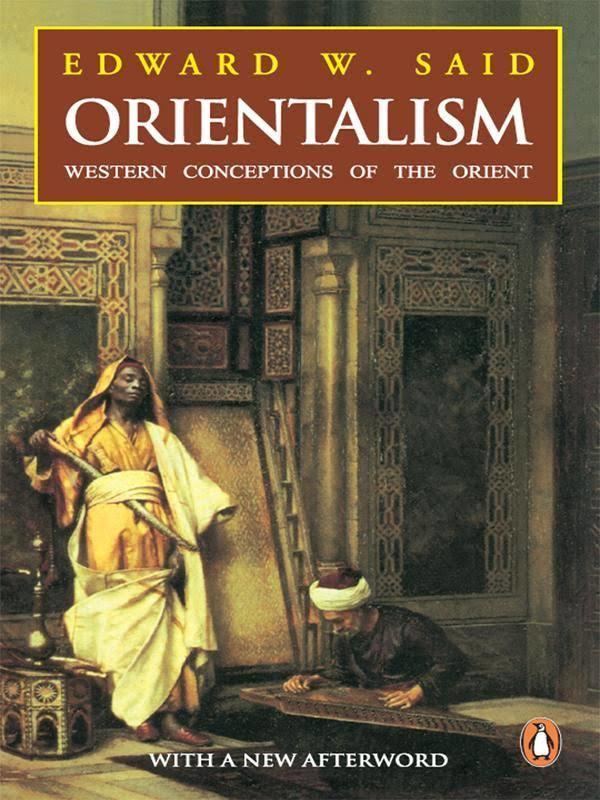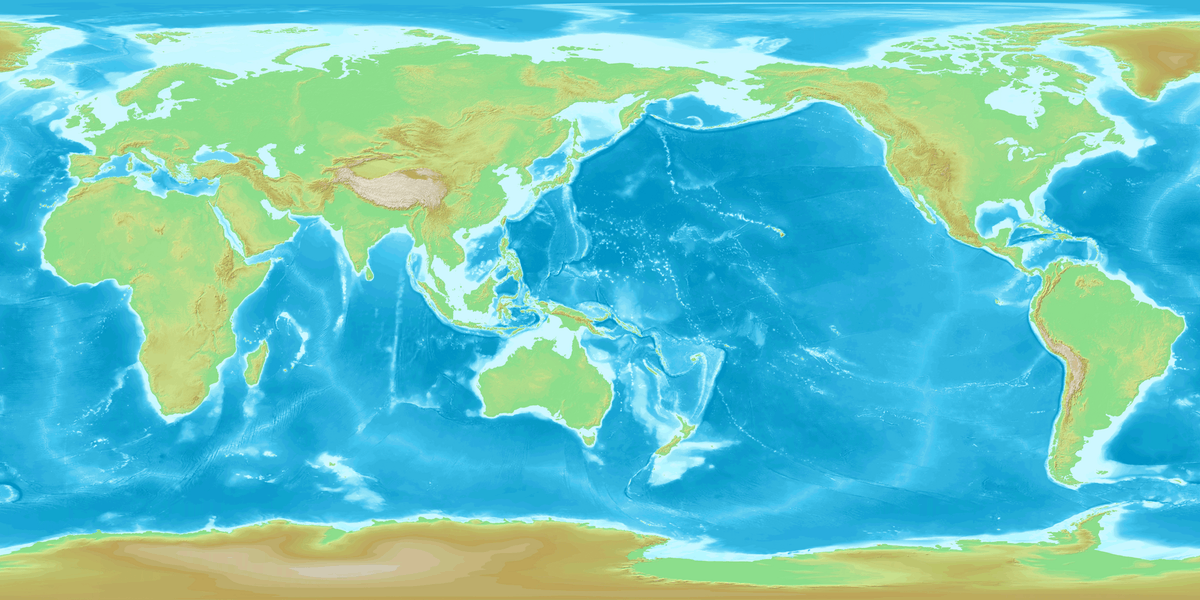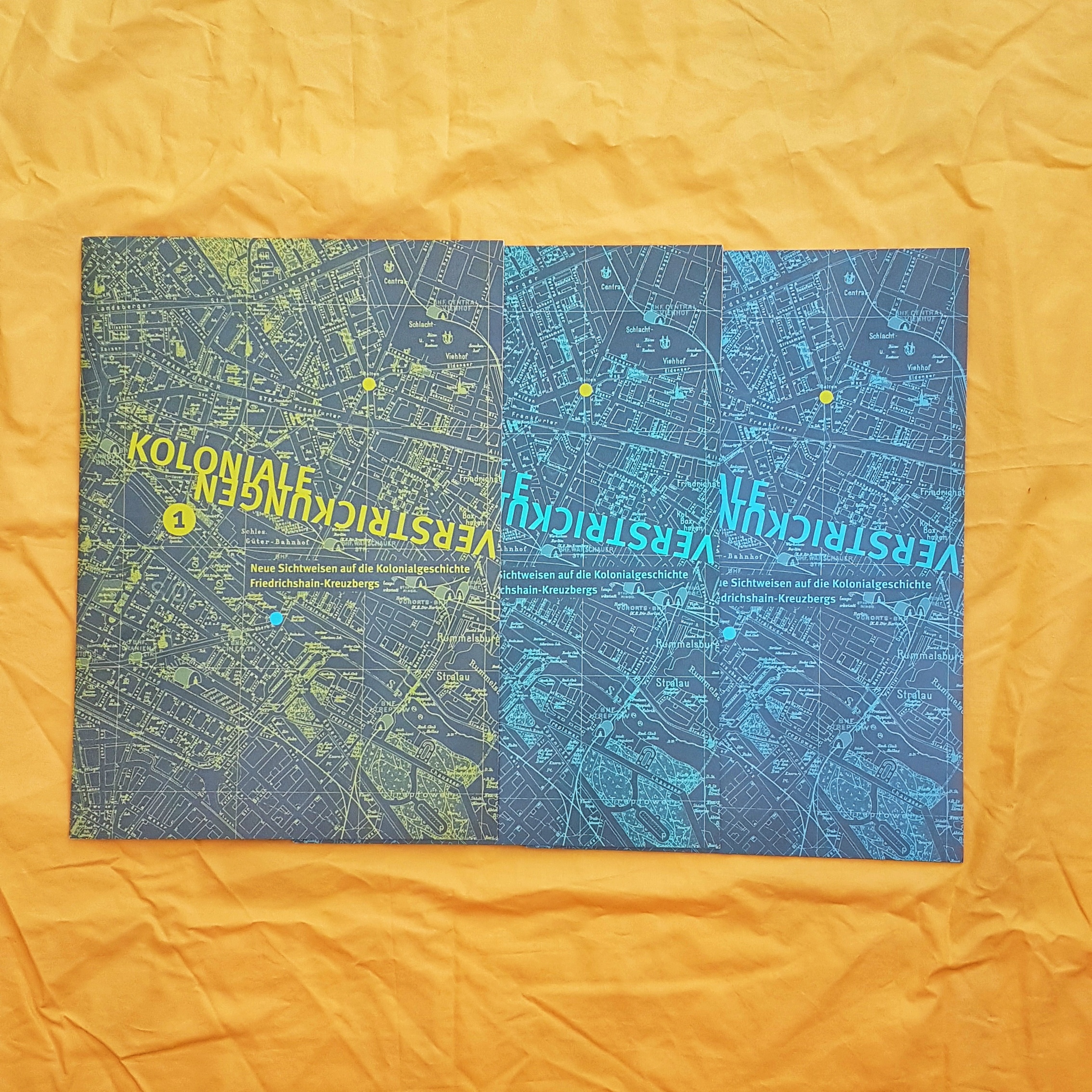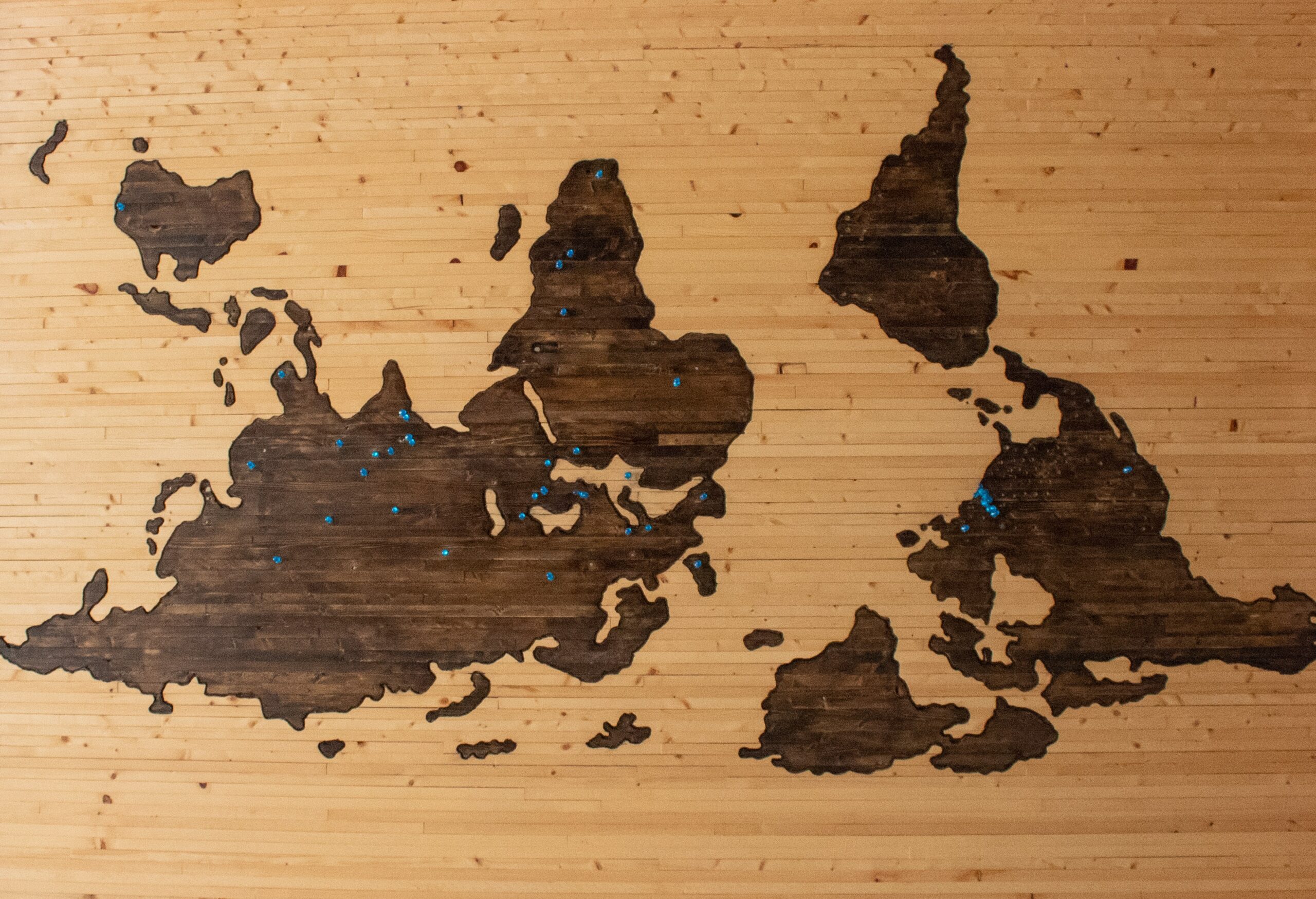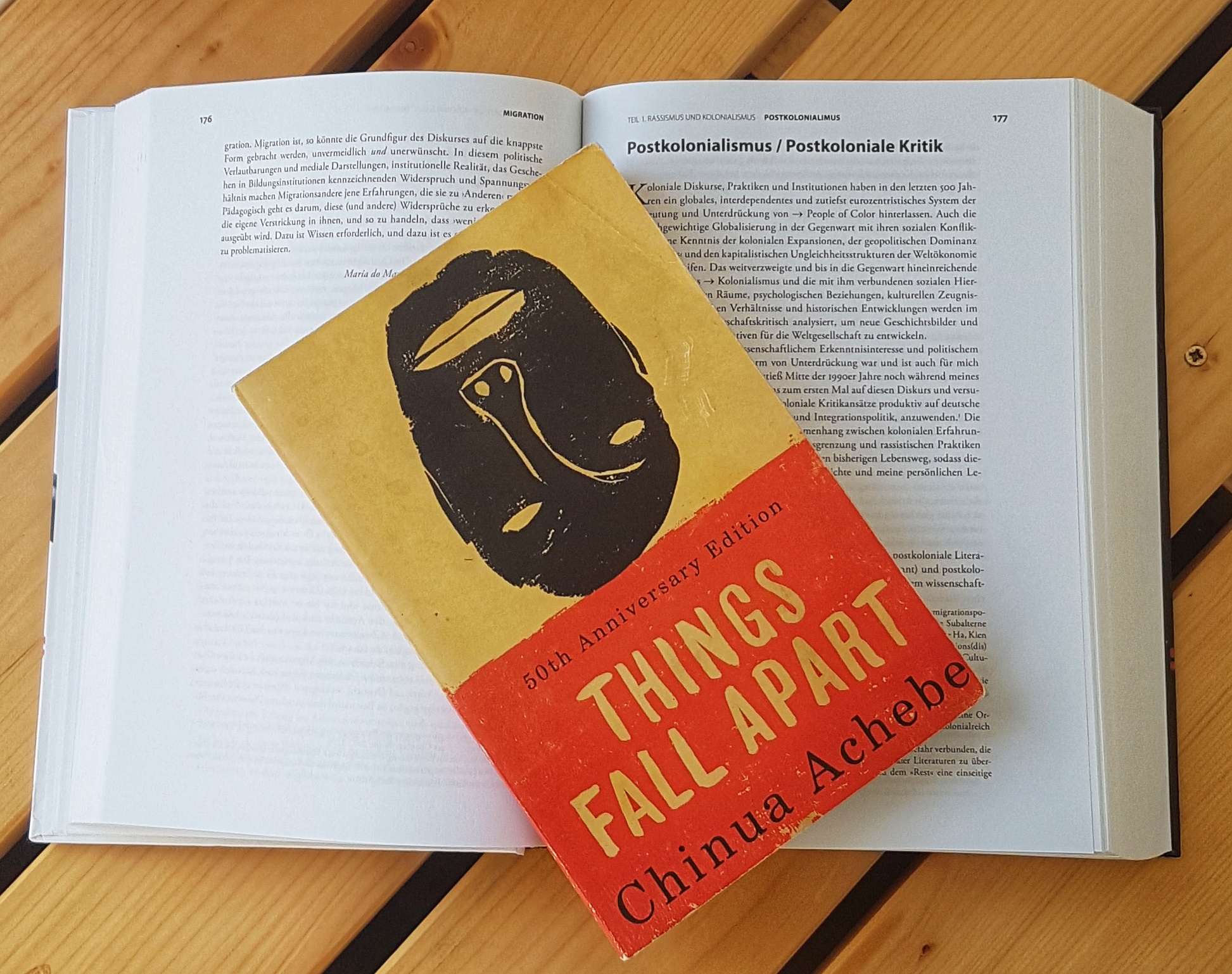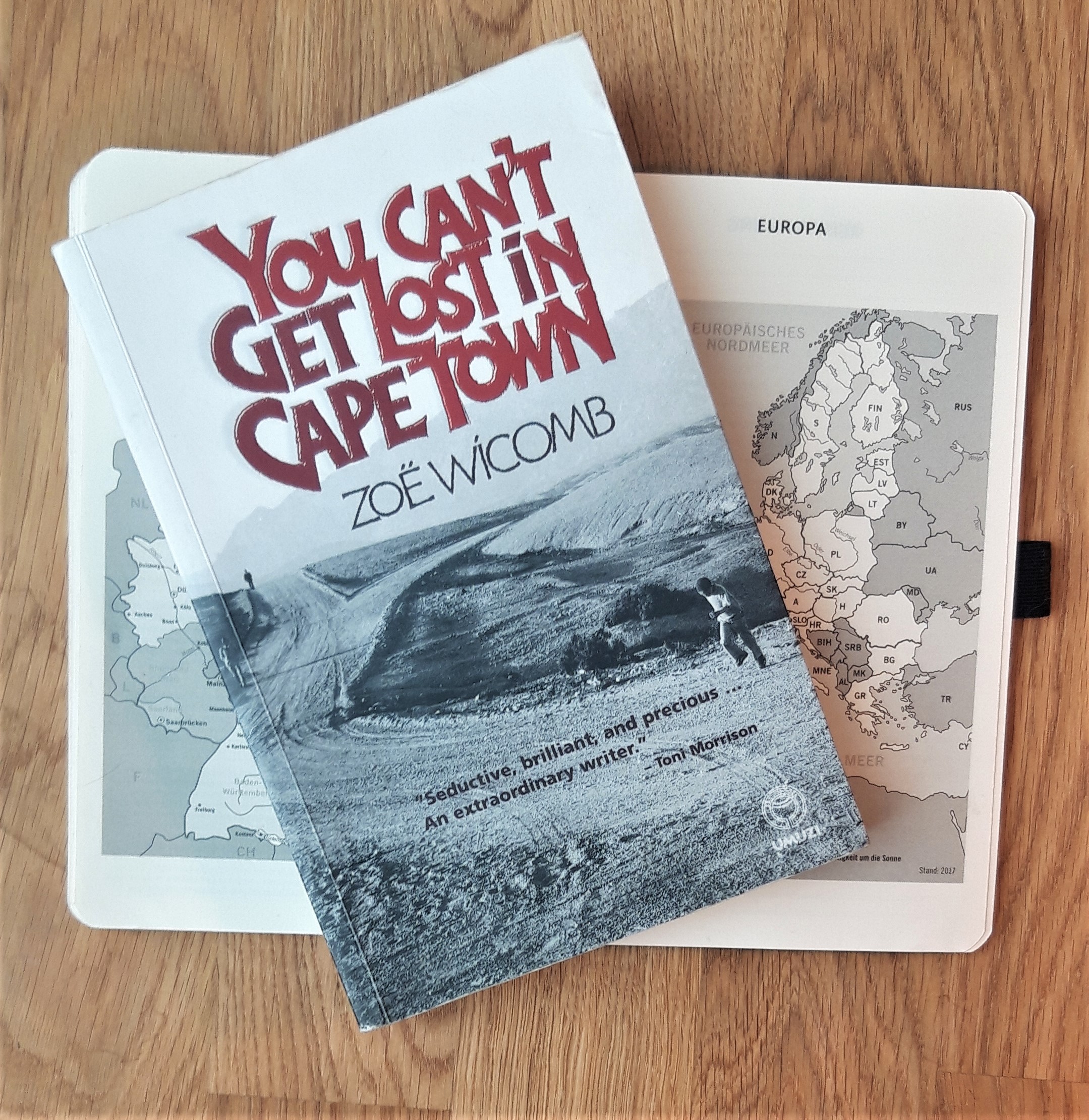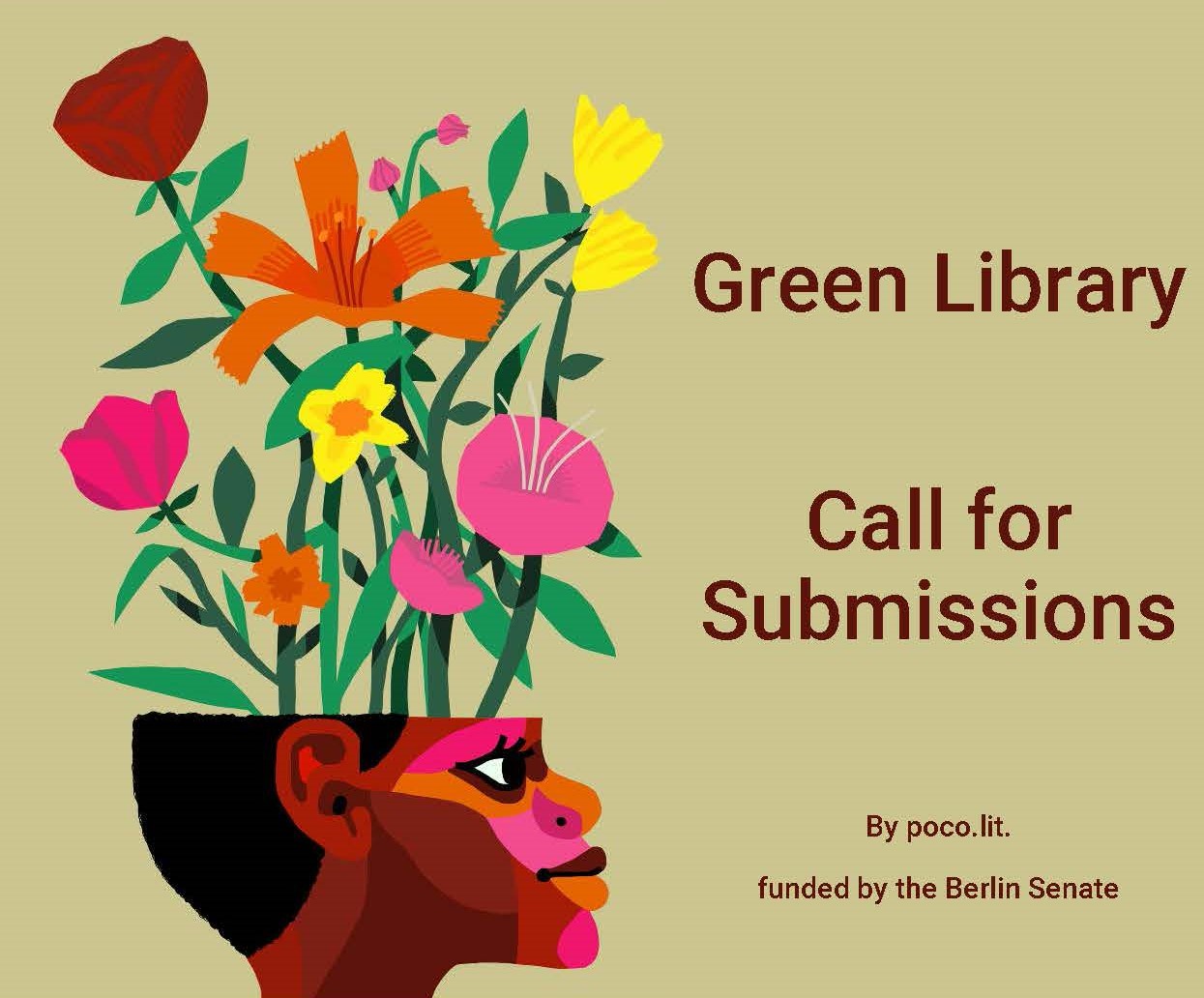When you think of Cottbus, its (post)colonial entanglements might not be the first thing that come to mind. But a small group affiliated to the local university have taken up the task of confronting just these aspects of the city’s history. At the tail end of August, on a broiling late summer day, I was lucky enough to be allowed to tag along on this tour in Cottbus, which bills itself not just as postcolonial, but as postcolonial-and-postsocialist.
more...
One of our aims with poco.lit. is to try to demystify some of the key ideas in and around postcolonial studies. In this post, we take a look at an article called “Decolonization is not a metaphor”, published by Eve Tuck and K. Wayne Yang in 2012.
more...
One of our aims with poco.lit. is to try to demystify some of the core ideas in and around postcolonial studies and the ways in which postcolonial literatures have been read. In this post, we take a look at Orientalism by Edward Said and some of its key contributions to thinking about colonial practices.
more...
After the fall of the Berlin wall in 1989, a debate emerged amongst scholars about whether postcolonial studies could provide appropriate tools of analysis for post-socialist or post-Soviet situations and experiences. People voiced different views on the so-called applicability of postcolonial theory and status in the post-Soviet zone.
more...
In addition to our work as editors of poco.lit., we offer a number of services in related fields, predominantly but not exclusively concerned with postcolonial topics. Recently, a number of magazines have been published to which we contributed: three booklets on Berlin’s colonial entanglements and a magazine on German colonialism in China.
more...
So many texts on the subject of world literature at some point indicate Goethe’s coining of Weltliteratur in 1827 as its origin story. This is to start the conversation within a European framing. But one could choose another point of departure. For instance: In 1907, Rabindranath Tagore, an enormously respected figure of Bengali literature, was asked to give a lecture on comparative literature. He chose instead to speak on vishwa sahitya.
more...
poco.lit. is a platform for postcolonial literatures – but what does that actually mean? Here is a brief overview.
more...
Postcolonial literatures are too often configured as being in some kind of relationship to Europe. Isn’t this just a different kind of Eurocentrism? Zoe Wicomb’s You can’t get lost in Cape Town shows up the inadequacy of a European literary tradition to the stories she wants to tell.
more...
We are delighted to announce a call for submissions! As a part of our Green Library series, we will publish some original, previously unpublished pieces on nature and the environment.
more...

